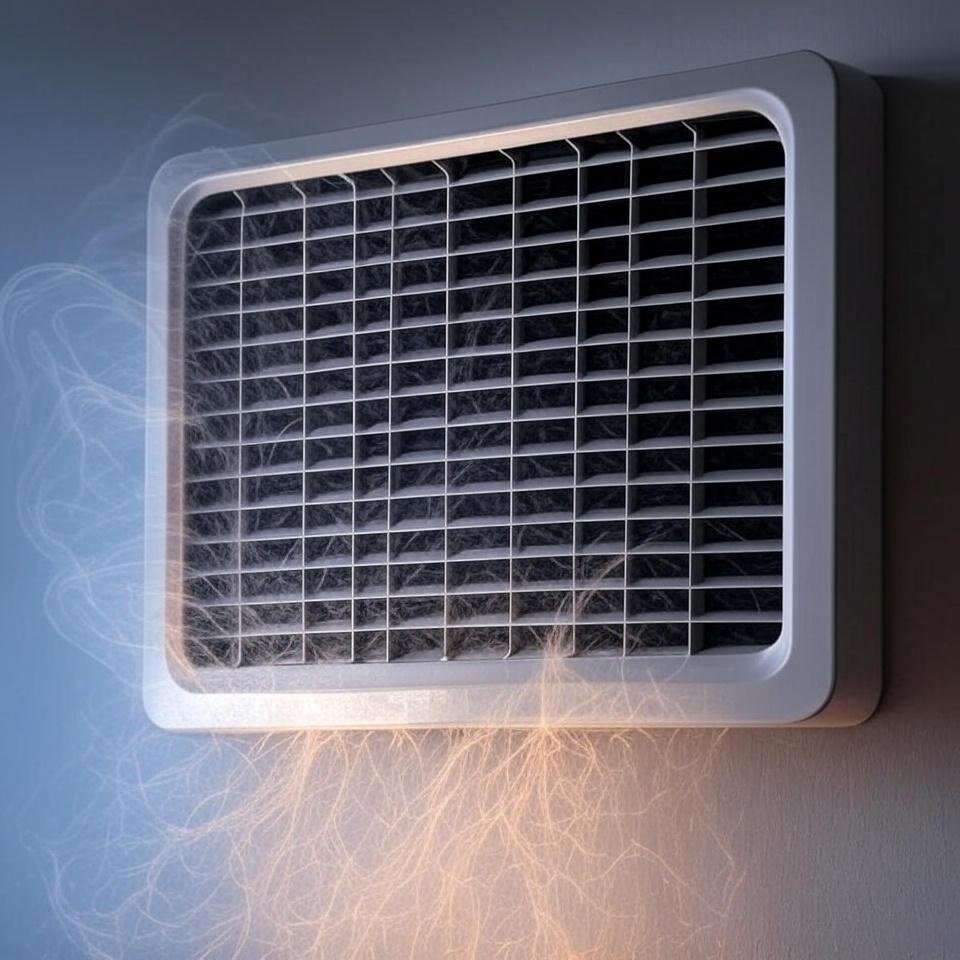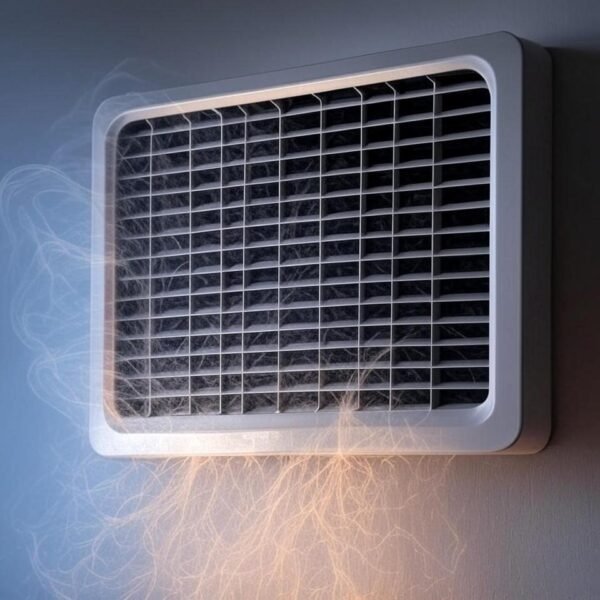
The Importance of Air Circulation for Health and Comfort
Introduction
Proper air circulation is essential for maintaining a healthy, comfortable, and energy-efficient indoor environment. Whether in homes, offices, or industrial spaces, good airflow improves air quality, regulates temperature, and reduces the risk of mold and pollutants. In this article, we’ll explore the benefits of air circulation, how to improve it, and why it matters for your well-being.
Why Is Air Circulation Important?
1. Enhances Indoor Air Quality
Stagnant air traps dust, allergens, and volatile organic compounds (VOCs), which can cause respiratory issues. Proper air circulation helps filter out pollutants and brings in fresh air, reducing health risks.
2. Regulates Temperature and Humidity
Without adequate airflow, hot or cold spots can develop in a room. Good air circulation distributes conditioned air evenly, improving comfort and reducing HVAC strain. It also prevents excess moisture buildup, which can lead to mold growth.
3. Reduces Energy Costs
Efficient airflow allows HVAC systems to work more effectively, lowering energy consumption. Ceiling fans, vents, and properly placed furniture can optimize air circulation, cutting utility bills.
4. Prevents Odors and Stale Air
Closed spaces often develop unpleasant odors from cooking, pets, or chemicals. Proper ventilation ensures continuous air exchange, keeping indoor spaces fresh.
How to Improve Air Circulation in Your Home or Office
1. Use Fans Strategically
Ceiling fans should rotate counterclockwise in summer (to push air down) and clockwise in winter (to circulate warm air).
Portable fans near windows or doors can enhance cross-ventilation.
2. Open Windows and Doors
Natural ventilation is one of the easiest ways to improve air circulation. Cross-ventilation (opening opposite windows) creates a refreshing airflow.
3. Maintain HVAC Systems
Clean or replace air filters every 1-3 months.
Ensure vents and ducts are unobstructed.
Schedule professional HVAC inspections annually.
4. Rearrange Furniture
Blocked vents disrupt airflow. Keep furniture away from air registers and ensure there’s space for air to move freely.
5. Install Exhaust Fans
Bathrooms and kitchens benefit from exhaust fans that remove humidity and odors, improving overall air circulation.
6. Add Indoor Plants
Plants like spider plants and peace lilies naturally filter air while promoting slight air movement through transpiration.
Common Air Circulation Problems & Solutions
| Issue | Solution |
|---|---|
| Stuffy, stale air | Open windows, use air purifiers |
| Uneven room temperatures | Adjust fan direction, check insulation |
| High humidity | Use dehumidifiers, improve ventilation |
| Dust buildup | Clean filters, vacuum regularly |
Conclusion
Optimizing air circulation is crucial for health, comfort, and energy efficiency. Simple adjustments like using fans, opening windows, and maintaining HVAC systems can make a significant difference. By improving airflow, you create a fresher, safer, and more pleasant living or working environment.
Need better air circulation? Start with these tips today and breathe easier tomorrow!

